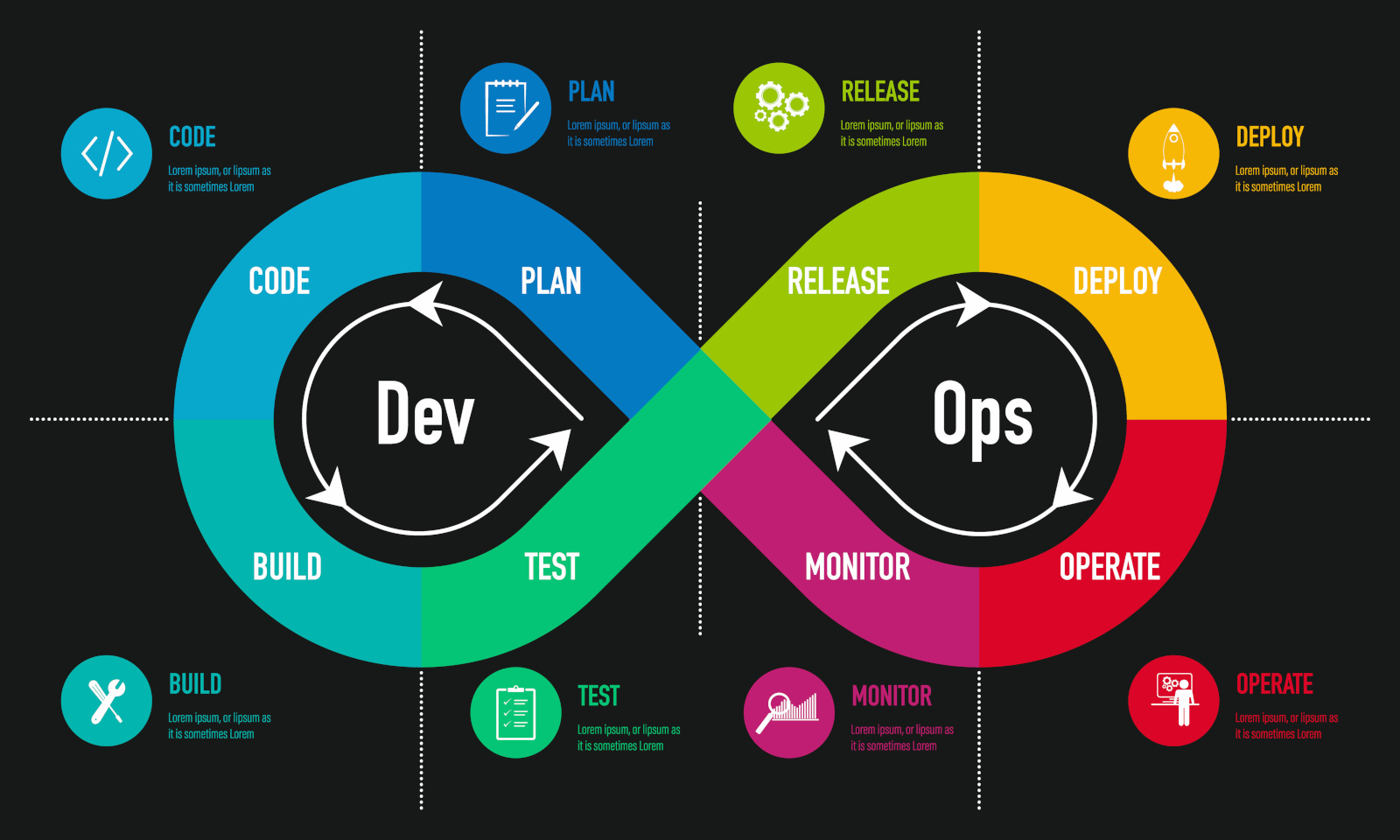Introduction
DevOps, a combination of development and operations, is a transformative approach in the tech industry that promotes collaboration between software developers and IT operations. With its growing demand, learning DevOps can open up a plethora of career opportunities. However, mastering DevOps requires a strategic approach. Here are some essential tips and methods to help you on your journey to becoming a proficient DevOps engineer.
1. Understand the DevOps Culture
Before diving into the technical aspects, it’s crucial to understand the culture and principles of DevOps. DevOps is more than just a set of tools; it’s a philosophy that emphasizes collaboration, automation, and continuous improvement. Familiarize yourself with the core concepts, such as continuous integration (CI), continuous delivery (CD), infrastructure as code (IaC), and the importance of automation. Reading books like “The Phoenix Project” by Gene Kim or “The DevOps Handbook” can provide valuable insights into the DevOps mindset. Enroll in the Kelly Technologies DevOps Training in Hyderabad and become a certified DevOps Engineer.
2. Gain Proficiency in Key Technologies
DevOps requires knowledge of various tools and technologies. Start by learning the basics of Linux, as it is widely used in DevOps environments. Next, focus on mastering version control systems like Git, which is essential for managing code. Learn about CI/CD tools like Jenkins, CircleCI, or Travis CI, which automate the process of testing and deploying code. Additionally, gain hands-on experience with configuration management tools such as Ansible, Puppet, or Chef, and understand containerization with Docker and orchestration with Kubernetes.
3. Practice Automation
Automation is at the heart of DevOps. To succeed in this field, you need to automate repetitive tasks, such as code deployment, testing, and infrastructure management. Start by automating simple scripts using shell scripting or Python. As you progress, move on to more advanced automation tasks using tools like Jenkins, Ansible, and Terraform. Practicing automation regularly will help you streamline processes and make your workflows more efficient.
4. Get Comfortable with Cloud Computing
Cloud platforms like AWS, Azure, and Google Cloud play a significant role in DevOps. Understanding how to deploy, manage, and scale applications in the cloud is crucial. Start by learning the basics of cloud computing, including networking, storage, and compute services. Once you have a strong foundation, explore advanced topics like serverless computing, container services, and cloud security. Hands-on practice with cloud services will give you a competitive edge in the job market.
5. Engage in Continuous Learning and Networking
DevOps is a rapidly evolving field, so continuous learning is essential. Follow industry blogs, join DevOps communities, and attend webinars or conferences to stay updated on the latest trends and best practices. Online platforms like Udemy, Coursera, and LinkedIn Learning offer a wide range of DevOps courses, from beginner to advanced levels. Additionally, consider obtaining certifications, such as the AWS Certified DevOps Engineer or Certified Kubernetes Administrator, to validate your skills and enhance your credibility.
6. Work on Real-World Projects
The best way to learn DevOps is by working on real-world projects. Start by contributing to open-source projects or building your own projects from scratch. This hands-on experience will allow you to apply the concepts you’ve learned and gain practical skills. Additionally, working on projects will help you build a strong portfolio, which is essential when applying for DevOps positions.
7. Collaborate and Communicate Effectively
DevOps is all about collaboration between different teams. To succeed in this field, you must develop strong communication and collaboration skills. Practice working with cross-functional teams, and understand the importance of empathy and teamwork in achieving common goals. Effective communication ensures that everyone is on the same page, which is crucial for the success of DevOps practices. Enroll in the Kelly Technologies DevOps Course in Hyderabad and become a certified DevOps Engineer.
8. Stay Resilient and Adaptable
Learning DevOps can be challenging, especially with the vast array of tools and technologies involved. It’s important to stay resilient and adaptable throughout your learning journey. Don’t be discouraged by setbacks; instead, view them as opportunities to learn and grow. The more adaptable you are, the better you’ll be able to navigate the ever-changing landscape of DevOps.
Conclusion
This article in the learningpave must have given you clear idea about Learning DevOps is a rewarding but challenging journey that requires dedication, continuous learning, and practical experience. By understanding the DevOps culture, gaining proficiency in key technologies, practicing automation, and engaging in continuous learning, you can build a successful career in this dynamic field. Remember, the key to mastering DevOps lies in persistence, adaptability, and a passion for continuous improvement.



